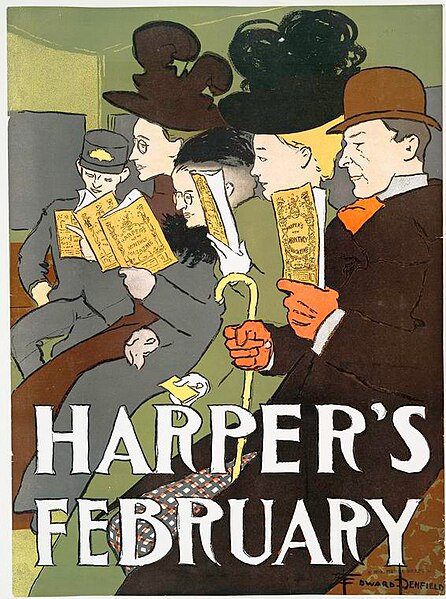Michel Eyquem, Seigneur de Montaigne, commonly known as Michel de Montaigne, was one of the most significant philosophers of the French Renaissance. He is known for popularizing the essay as a literary genre. His work is noted for its merging of casual anecdotes and autobiography with intellectual insight. Montaigne had a direct influence on numerous Western writers; his massive volume Essais contains some of the most influential essays ever written.
Portrait of Montaigne, 1570s
Portrait of Montaigne c. 1565, by an anonymous artist
Château de Montaigne, a house built on the land once owned by Montaigne's family. His original family home no longer exists, although the tower in which he wrote still stands.
The Tour de Montaigne (Montaigne's tower), where Montaigne's library was located, remains mostly unchanged since the sixteenth century.
An essay is, generally, a piece of writing that gives the author's own argument, but the definition is vague, overlapping with those of a letter, a paper, an article, a pamphlet, and a short story. Essays have been sub-classified as formal and informal: formal essays are characterized by "serious purpose, dignity, logical organization, length," whereas the informal essay is characterized by "the personal element, humor, graceful style, rambling structure, unconventionality or novelty of theme," etc.
John Locke's 1690 An Essay Concerning Human Understanding
Malthus' Essay on the Principle of Population
University students, like these students doing research at a university library, are often assigned essays as a way to get them to analyze what they have read.
An 1895 cover of Harpers, a US magazine that prints a number of essays per issue








